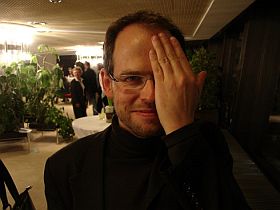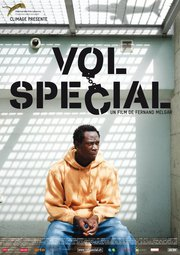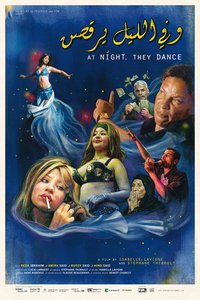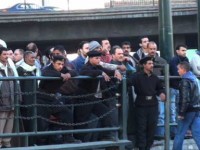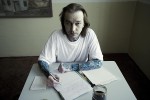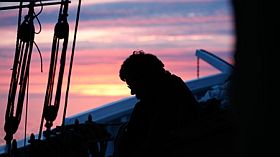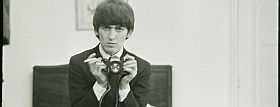


DOKLeipzig 2011 – Atmosphere and Profile
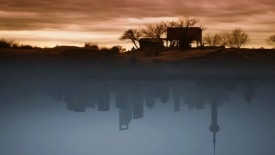
In the train for Copenhagen after 5 days at the 54th International Leipzig Festival for Documentary and Animated Film. I had my currywurst mit scharfe sauce a while ago and am ready for the train ride home via Hamburg. Gives me time to evaluate and write som texts about the films that I have seen at the very well organised digital Market in the basement of the Art Museum, a beautiful building close to the Market Square with a lot of light coming into the big hall that hosts the festival centre and the café catered by Michaelis, the hotel where I was staying, strongly to be recommended for its good rooms, calm and superb gourmet restaurant.
Yes, the Leipzig atmosphere is nice as is the festival. Easy to find out what happens where, and a good venue is the festival centre hall to sit and chat about the films. Enjoyable, simple.
Programme-wise the festival offered a lot – coproduction meetings, masterclasses, rough cut screenings, debates etc. in the so-called industry section, and films in competition and outside competition, retrospectives, focus on the Arab countries and Chile and so on so forth.
I was there to find films for Magnificent 7 festival in Belgrade and DOCSBarcelona – and I think I found good material for each of the festivals. Below you will find my impressions of several films, I will not call it reviews – of
course it influences your watching sitting in a basement, in a booth with headphones – with a sound that was too low.
How do you measure and characterize the profile of a festival? What is it that makes the DOKLeipzig festival programming different from other festivals? To be honest, I have no answer. Well, here there is a special category for films by new talents with a good award, there is a German competition, there are the above mentioned focus and retrospectives, but the main categories, the long and short international documentaries in competition – do not explicitly have a line, a red thread content-wise or aesthetically. Should they? Or is diversity a quality in itself. Also geographically and issue-wise. There is a huge step from socially committed Special Flight by Swiss Fernand Melgar to the visual extravagance of Vivan Las Antipodas! by Russian Viktor Kossakovsky. Not to talk about German Carmen Losmann and her issue-born ”Work Hard-Play Hard” to Marc Weymuller’s visual ”nothing-happens-here” film from the North of Portugal.
A little bit of everything from everywhere for every taste? Fair enough! Or charming or result of many voices in the selection process? What remains is an unclear programming policy.
Most beautiful experience for me: the film of Kossakovsky (photo).
